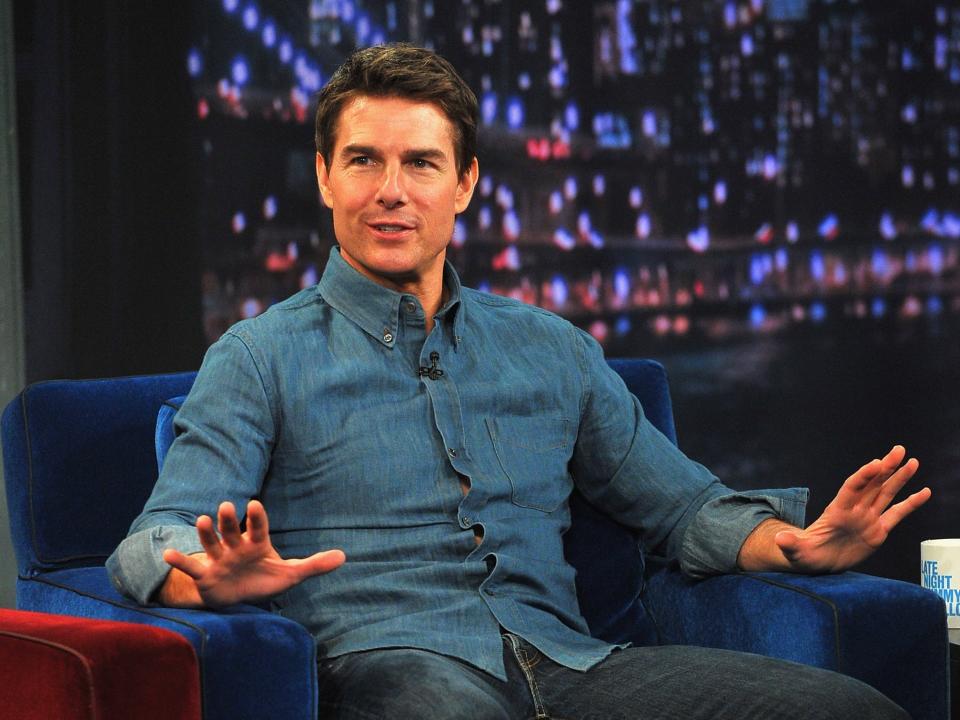People are saying Khloé Kardashian's unedited photo debacle is a perfect example of the 'Streisand Effect'

Khloé Kardashian's attempt to scrub a photo from social media has been in the news all week.
It's a clear example of the "Streisand Effect," a term coined in 2008.
The photo is drawing more interest than it would have otherwise because Kardashian wanted it buried.
The "Streisand Effect," a term coined in 2008 by TechDirt CEO Mike Masnick, was in full swing this week as Khloé Kardashian and her team began scrambling to erase all traces of a photo of her that was posted online by mistake.
Masnick spoke with NPR about the "Streisand Effect" for a 2008 radio interview.
"The lesson here is, if you want lots of people to see something, just try to suppress it," the show's host Robert Siegel said.
By sending copyright takedown notices to people resharing the unauthorized picture online, Kardashian inadvertently drew far more attention to it than if she had simply let the candid image remain online. People on Twitter have been calling it a classic "Streisand Effect" moment.
The first modern example of this phenomenon starts, of course, with Barbra Streisand

As Masnick explained to NPR, in 2003 a photographer captured images of the whole west coast of California as part of an ecological project. One of those photos included a view of famed singer and actress Barbra Streisand's house.
"Of course, no one actually recognized that it really was her house among the thousands and thousands of photos," Masnick said. "Until she decided to sue him for $50 million for showing her house online."
The lawsuit drew public interest to the photos, creating the exact opposite result Streisand had presumably hoped for.
"The more attention it gets for being something that you can't see or can't use, the more interested people are in seeing what it's all about," Masnick said.
Other recent celebrity examples of the 'Streisand Effect' include Beyoncé's Super Bowl photos and Tom Cruise's Scientology video

In 2008, a video of Tom Cruise speaking about the Church of Scientology leaked online. The Church got busy "firing off lawsuits alleging break of copyright," according to the Independent, but that only made the video more "newsworthy" for some blog sites.
The "Streisand Effect" happened again thanks to the 2013 Super Bowl. A meme was born after Beyoncé's publicist reportedly asked BuzzFeed to remove some "unflattering photos" of the singer's Super Bowl halftime performance from their article.
BuzzFeed followed up their initial article with a second headline: "The "Unflattering" Photos Beyoncé's Publicist Doesn't Want You To See." Then "Unflattering Beyoncé" became a popular meme online.
The list of examples of the "Streisand Effect" goes on and on, with politicians and business owners and any manner of public-facing person susceptible to the unintended consequences of their attempts at censorship.
So now Khloé Kardashian has been added to the annals of "Streisand Effect" history, all thanks to a poolside bikini photo.
Read the original article on Insider

 Yahoo Home
Yahoo Home 